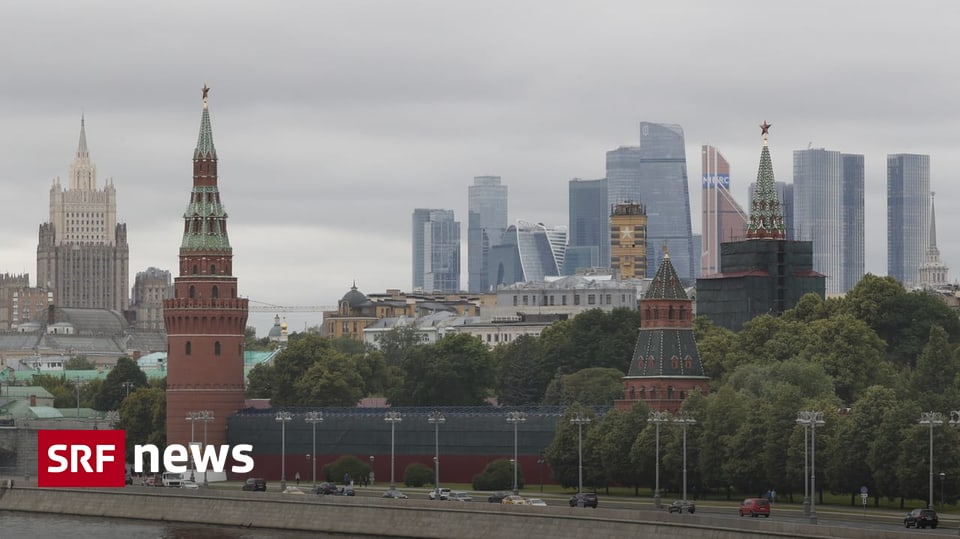
A week earlier, heavily armed Wagner troops had marched toward Moscow. What is evident from this phenomenon? Gwendoline Sasse, director of the Center for East European and International Studies in Berlin, characterizes the events.
SRF News: When you think back to last weekend, what’s an open question for you?
Gwendolyn Sasse: The key question is to what extent the elites of the Russian military and security apparatus will align with Wagner’s troops and whether this movement toward Moscow could have changed more. This, of course, was the key question for Wagner boss Prigosh. When he realized that there was not enough support, he decided to stop the advance. But the fact that it has come this far shows that at least the top brass are not opposed.
But did the beliefs work? Did the security and military apparatus stand up to Putin?
In large areas. But the fact that he was able to seize military command in Rostov meant that the people in Rostov knew this was happening and did not oppose it. And then going all the way to Moscow is what many in the military and security apparatus tend to see. Many do not position themselves clearly.
The first cracks in the system became public. But the overall structure still holds.
No one can assume that all faiths last long. The first cracks in the system became public. But the overall structure still holds. We can assume that Putin will make every effort to avoid a repeat of this situation of private forces and violent actors turning against the system.
Perhaps Putin can act on his own people while still being relatively outnumbered?
We don’t know how many there are. We don’t know what happened, for example, the Russian soldiers in front even noticed what happened. We cannot estimate the level of support for Putin within the Russian military.
However, we have seen pictures showing support for Prigozhin and his troops, hailed as warriors. Rather, it means that Putin cannot bet on the support of everyone involved in the war, even in the first line. But beyond that, we don’t see any real liberal opposition left in the country at the moment. In society, too, we see a desire for stability.
What we saw last weekend was volatility. That’s a risk for an authoritarian ruler like Putin.
What we saw last weekend was volatility. That’s a risk for an authoritarian ruler like Putin. It is perceived as dangerous by society, even in a totalitarian society.
Neither elites nor society see any clear political alternative to Putin at the moment, for which one would actually switch allegiance. In my opinion, some kind of change has to start at the elite level as well. The society itself has been formed for so long that there is no momentum. But this sense of indecision alone leaves a split and a shaky faith in the current leadership.
Could that be a problem in an authoritarian system?
In any case. A dictatorial ruler is to be feared. Because everything depends on consistency. Putin needs to present himself as the man in control of events.
This conversation was moderated by Simon Halliger.

“Wannabe pop culture fanatic. Zombie advocate. Entrepreneur. Internet evangelist. Alcohol fanatic. Typical travel buff.”


More Stories
Baltic Sea Shipwrecked Treasure: Discovery of Champagne and Mineral Water – News
Kamala Harris: The secret star of the election campaign is stepdaughter
These are the worst shoes you can do for your feet